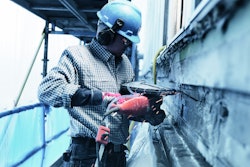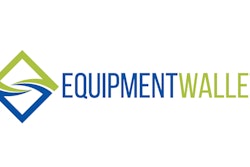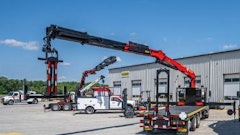
Just about anyone in the construction industry is familiar with Joint check agreements. However, outside of construction joint checks are almost completely unknown, despite the fact that joint checks are not a construction-specific tool. A joint check agreement is merely a contract between multiple parties agreeing to be bound by certain payment terms. This means that every joint check agreement can be unique and should be examined like the contract it is. The interesting (and potentially troubling) thing about joint checks is that there is no such thing as a “standard” joint check agreement.
While approximately 20% of states regulate the content of lien waiver forms, joint check agreements are completely devoid of regulation nationwide. There are exactly zero laws governing what is allowable in a joint check agreement, or how the agreement should work. Since many in the construction industry misunderstand these contract documents and some of their consequences, these agreements can become a hotbed of payment issues. This is especially true when the participants do not realize that there is not a “general” or “standard” joint check agreement and assume that all of their joint check agreements on every job will be the same or interpreted the same.
Here are a few specific things to be wary of regarding joint checks:
-
They’re unregulated. As stated above, joint checks are completely unregulated in every state. Be sure to read anything that you’re supposed to sign thoroughly before affixing your signature. Consult an attorney if anything is unclear or if you have any questions.
-
Agreements aren’t necessarily obligations. If you have a joint check agreement, the paying party may not be obligated to issue a joint check. The joint check agreement you signed may instead just give them the permission to issue such a check. This is a very common issue, and suppliers get burned on the misunderstanding every day.
-
Everyone has to sign. All of the parties to a joint check agreement have to sign the agreements.
-
Beware of forged endorsements. If one of the payee’s of a joint check is experiencing a cash crunch, they might be tempted to forge the other payee’s endorsement to cover their cash shortfall (even when they have every intention of paying the money back). This unfortunate circumstance is not unheard of, so keep your eyes open, especially when you’re working with a new or unfamiliar outfit.
-
Execute a joint check agreement before the work starts. It’s much better to enter into a joint check agreement before the work starts rather than after it’s finished. A joint check agreement executed after performing the work or furnishing the materials opens up the signer to potentially signing away their mechanics lien rights.
Peter Menge is zlien's Content Manager. He works to create useful content that makes the mechanics lien and construction payment process simple, easy, and fair for everyone in the construction industry.



















